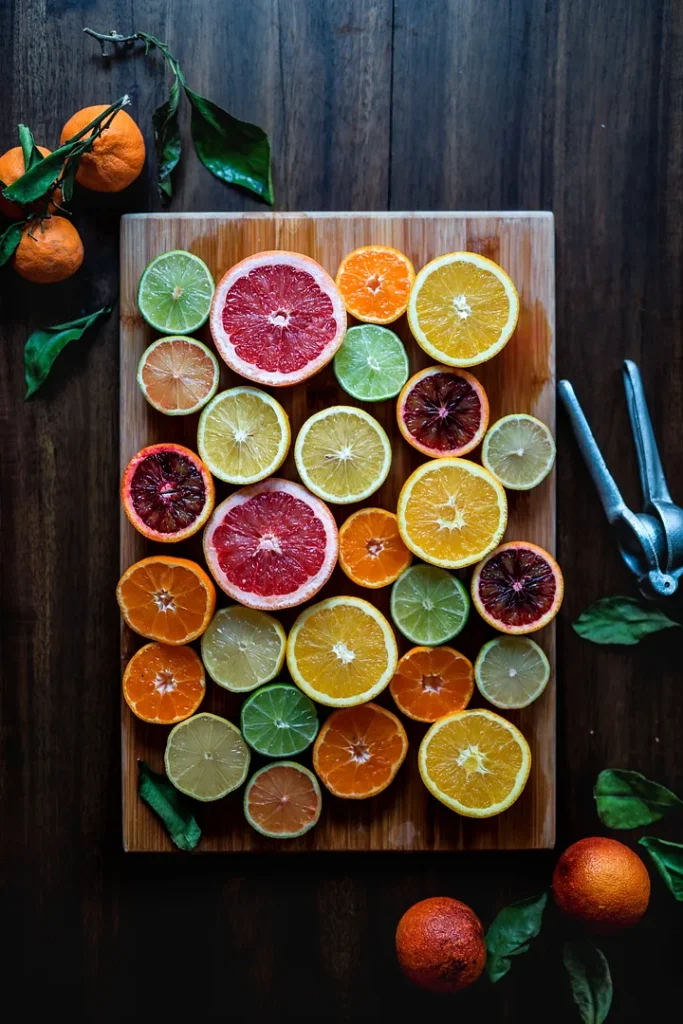It’s a fact that many people are chronically deficient in gut-healthy substrates like probiotics and healthy carbohydrates. That’s not surprising, given how nutrient-poor most of our food is these days.
But there are plenty of natural ways to boost your gut microbiota — including mushrooms, prebiotics, fermented foods, and a low-processed diet.
The following are the top 6 ways I incorporate into my diet to enhance my gut health naturally.
1. I eat fermented foods
Fermentation may have been a better invention than fire. — David Wallace
A wide range of fermented foods provide substrates that are essential for a healthy gut and overall good health.
These include fermented vegetables, such as kimchi (which is made with cabbage and seasonings), sauerkraut or pickles (which are made with cabbage, carrots, radishes, etc.), and fermented fruits (such as pickles).
I am a huge fan of probiotic yogurt; I don’t think I ever miss a day to go without eating yogurt. There are also many other types of fermented foods. Fermented foods are also extremely versatile and can be added to many recipes.
2. I pretty much avoid processed and high sugar foods
Processed foods cause inflammation, a source of most chronic illnesses as well as stress. — Kris Carr
I try my best to stay away from processed foods. If it’s possible, I would love to eliminate it entirely from my meals.
There is a strong link between the consumption of processed foods and gut inflammation.
It is because when you eat processed foods, you consume a lot of inflammatory omega-6 fats from vegetable oils, genetically modified ingredients, and refined sugars.
In contrast, the regular consumption of prebiotics, probiotics, fermented foods, nuts, seeds, and healthy carbohydrates such as sweet potatoes are all associated with a reduction in inflammation in your body.
Eat for nutrition and food value. Emphasize natural foods, avoid processed foods and eliminate junk entirely.
— Vince Gironds
The worst part about most modern diets is that they consist primarily of highly processed carbs in the form of sugars or grain-based products that humans cannot properly digest.
3. I avoid gluten
Yet an estimated 99% of people who have a problem with eating gluten don’t even know it. They ascribe their ill health or symptoms to something else-not, gluten sensitivity, which is 100% curable. — Mark Hyman
There is growing evidence that celiac disease is actually an autoimmune, inflammatory response to wheat and other gluten-containing grains.
And there’s strong evidence suggesting that non-celiac gluten sensitivity (NCGS) is also a form of a systemic inflammatory response to gluten.
So unless you have a medical condition resulting from a deficiency in gluten, it may be wise to consider avoiding it altogether. The following book will help you understand the intricacies of a gluten diet.
Where to start on your gluten-free journey?
I would highly recommend the following book to understand gluten. Renowned physician David Perlmutter wrote it. Here is the amazon link if you would like to read further.
Grain Brain: The Surprising Truth about Wheat, Carbs, and Sugar by David Perlmutter, MD
4. I consume plenty of healthy carbohydrates
Here is a thing, suppose you’re not getting enough healthy carbohydrates. In that case, your gut bacteria will start consuming or breaking down lipids in the bloodstream like cholesterol and triglycerides, which will contribute to severe cardiovascular disease.
The key is to consume a wide range of healthy carbohydrates, such as sweet potatoes, yams, beans and legumes, fruits, vegetables, and tubers. Here is another article that will help you to understand the values of legumes, fruits, and fresh vegetables.
5. I also consume plenty of prebiotic fibers
Prebiotic fibers are natural substrates that feed the “good” gut bacteria and promote a healthy gut microbiota.
These include foods like Jerusalem artichokes (also known as sunchokes), onions and garlic (which are part of the allium family), leeks, bananas, oats, nuts, and seeds. I love to buy artichokes from Costco in bulk.
Fruits such as blueberries, cherries, and apples also contain good prebiotics.
6. I try my best to avoid antibiotics by living an active life
I grew up on antibiotics. Every ailment — sore throat, earaches, flu — warranted a trip to the doctor and, in most cases, some kind of prescription. — Carre Otis
Although it’s very common for people to take antibiotics, research has found that antibiotic use is linked to the development of severe and even fatal intestinal problems.
The reason why these drugs have such a negative effect on the body is that they kill both beneficial and harmful bacteria in the same way.
While this may seem like an advantage at first, it actually disrupts our personal balance of microorganisms in the gut. I try my best to avoid antibiotics but also listen to my physician.
The bottom line
The road to health is paved with good intestines! — Sherry A. Rogers
In a nutshell, a healthy diet should consist of plenty of prebiotics such as fiber from vegetables and fruits, probiotics from fermented foods, and a moderate amount of healthy carbohydrates.
But avoid processed foods as much as possible and try to consume more prebiotic fibers for healthy gut microbiota.
Thank you for reading, following, and clapping.
Disclaimer: Please note that this article is not health advice. It is for information purposes only. The content reflects my review of credible sources from scientific papers.

